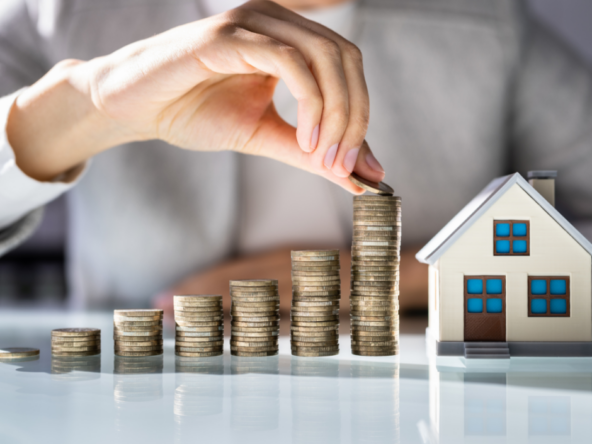
Comparative Market Research (CMR): View recent sales prices of similar properties (in terms of size, location, quality, etc.) in your neighborhood or region. This will give you an idea of current market prices. Have your property inspected: Hire a home inspector to assess the overall condition of your property. This will help you identify potential issues that could affect the sale price. Consider the unique features of your property: If your property has special features or unique improvements, this can increase its value.
Be sure to take these into account when evaluating. Consult a real estate agent: Real estate agents have extensive market knowledge and can help you determine a competitive price for your property.
They can also advise you on sales strategies. Consider Market Conditions: Consider current economic and real estate conditions. For example, a declining market might require a different pricing strategy compared to a booming market.
Stay Realistic: It’s important to be realistic about the price you can get for your property.
Pricing too high could discourage potential buyers, while pricing too low could cost you money. By combining these steps, you should be able to correctly estimate the selling price of your property.






